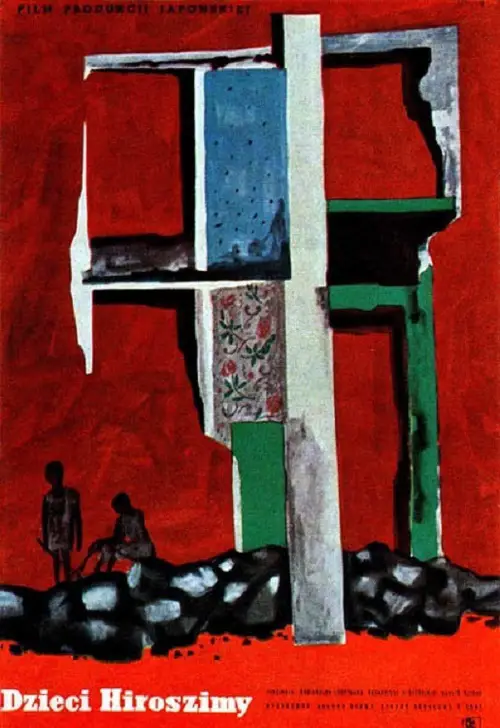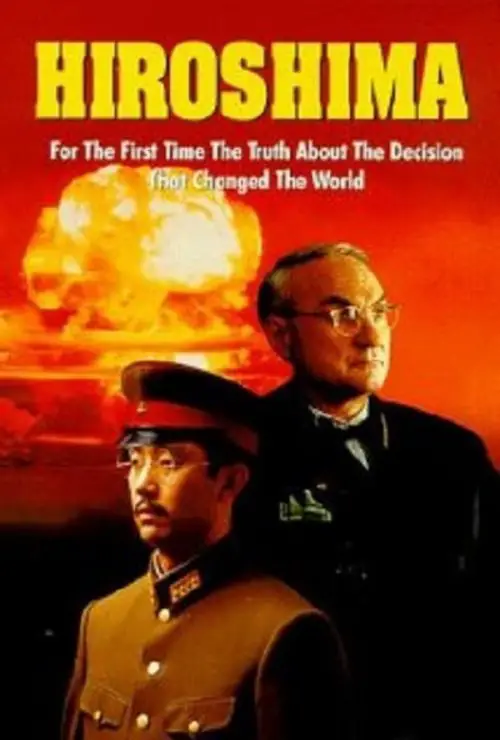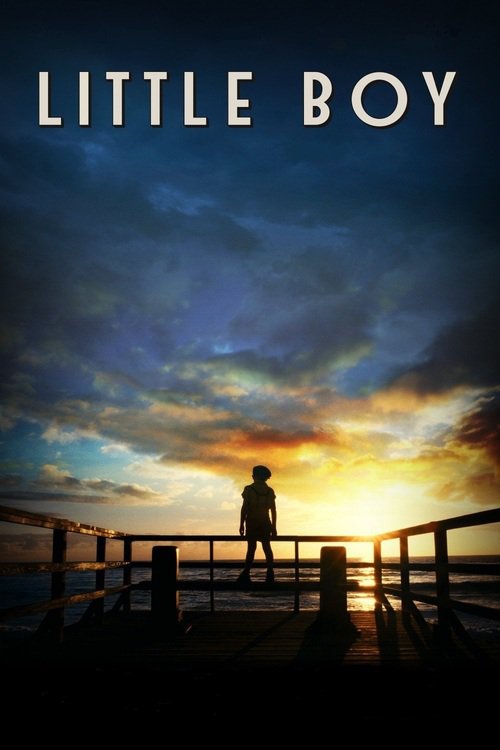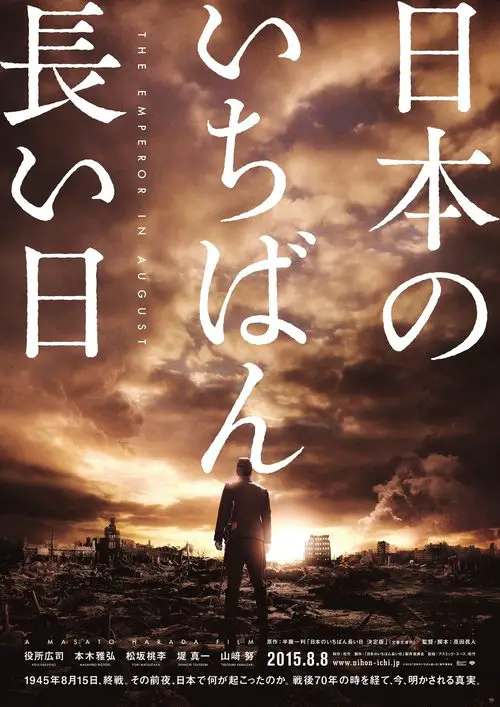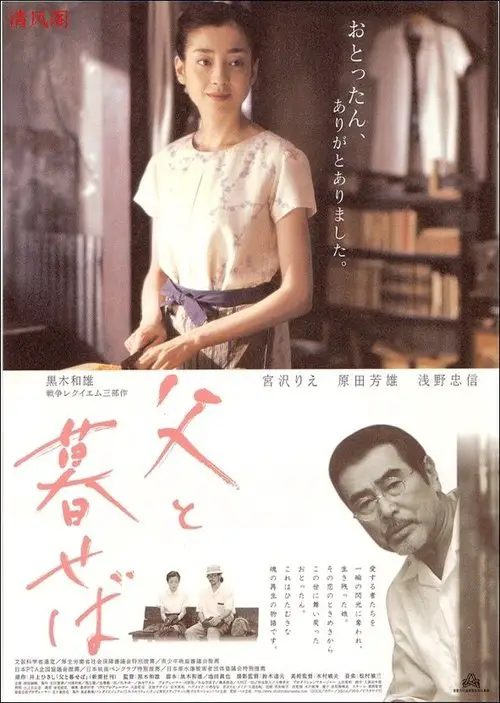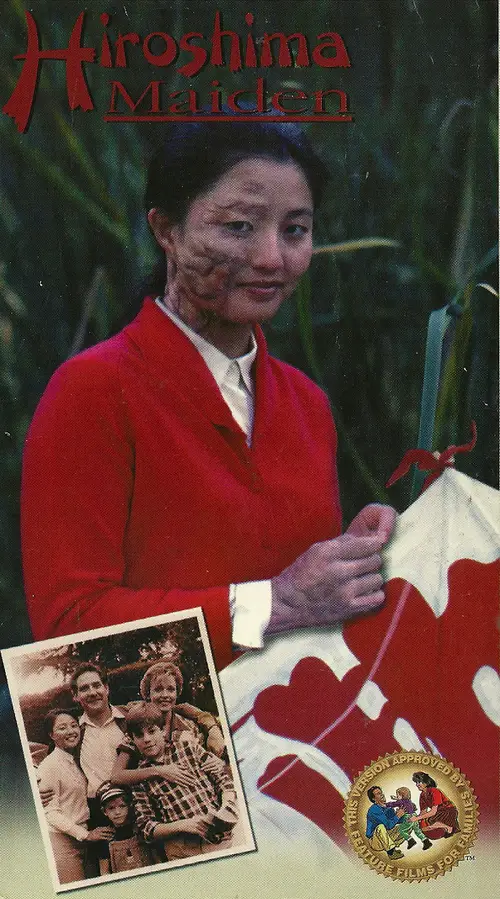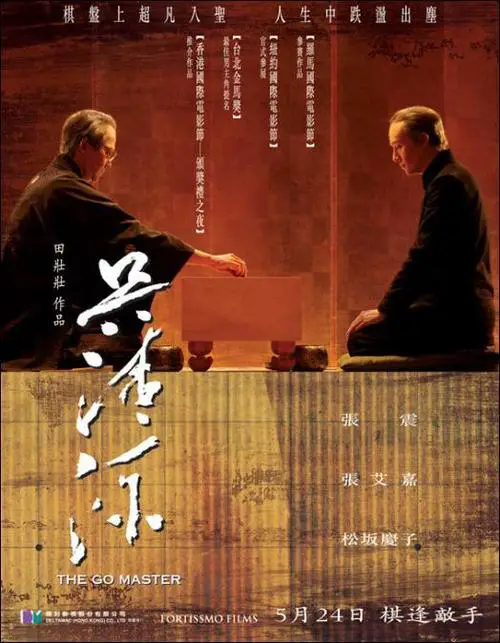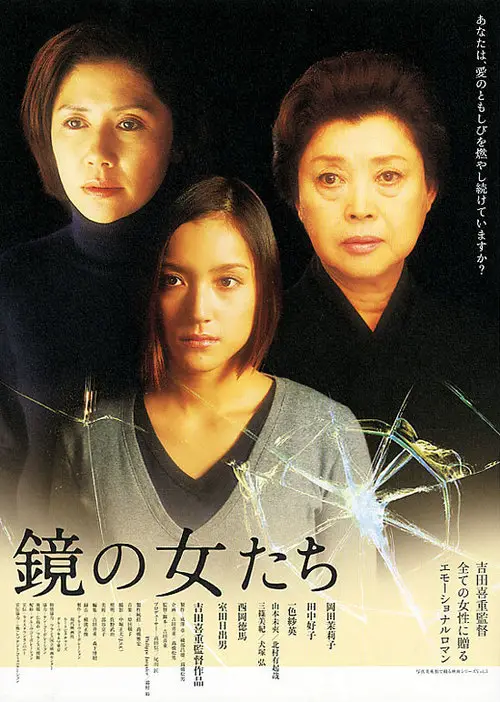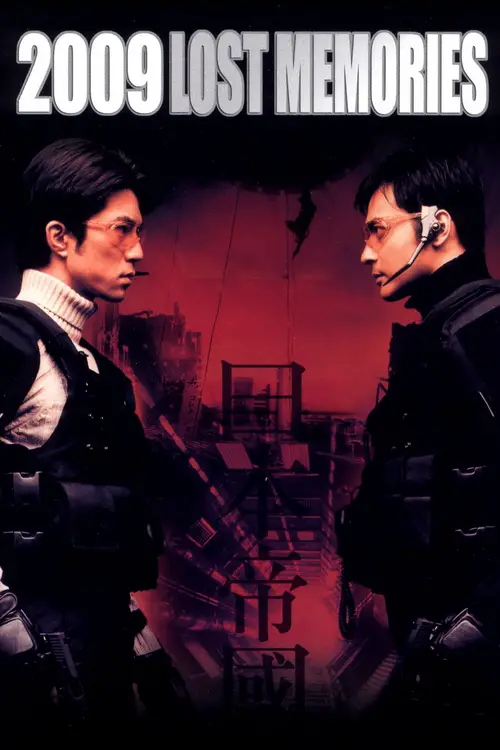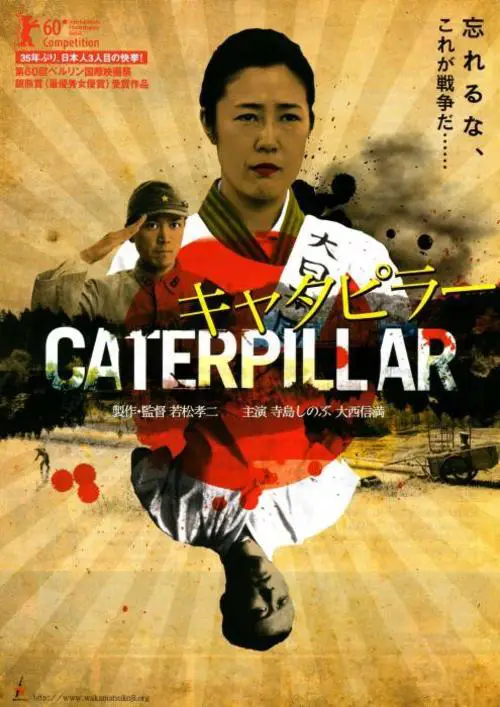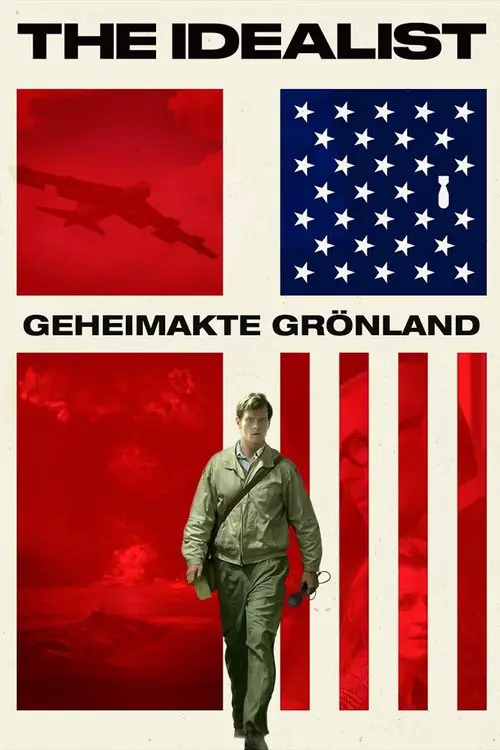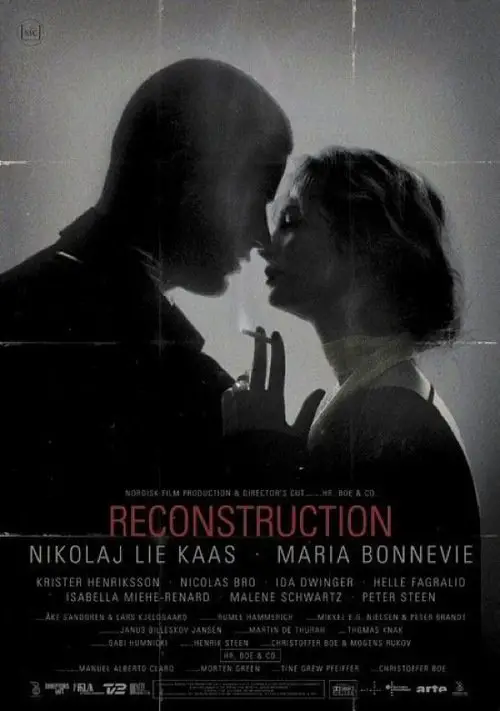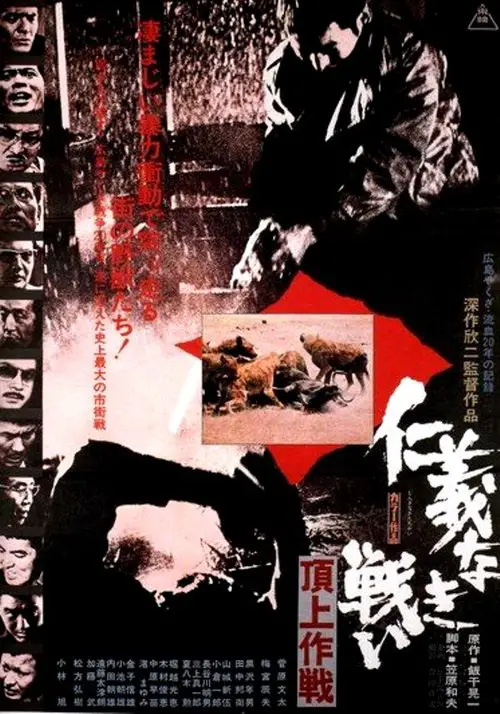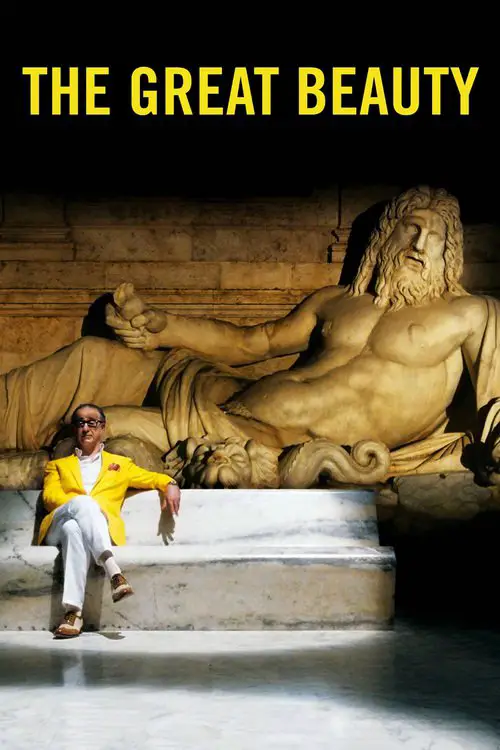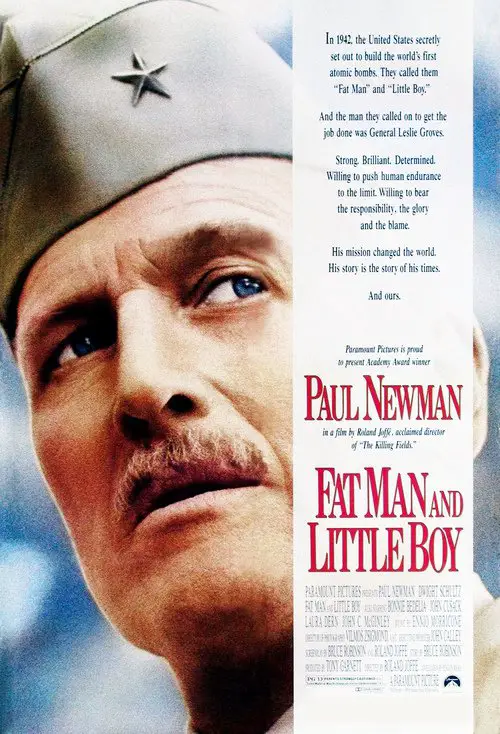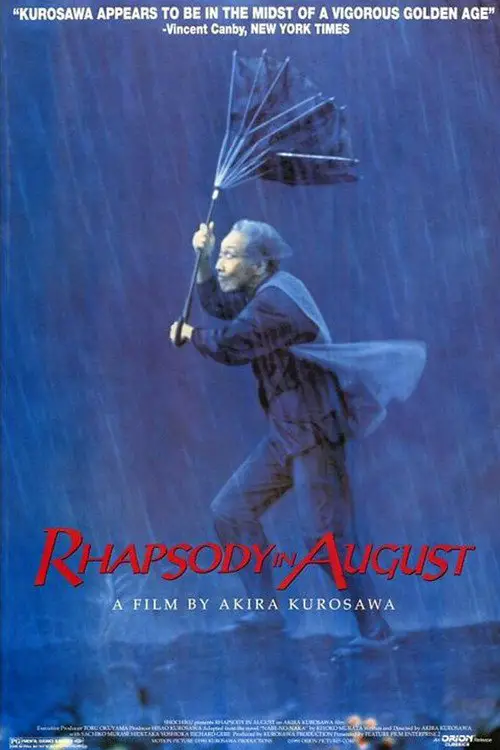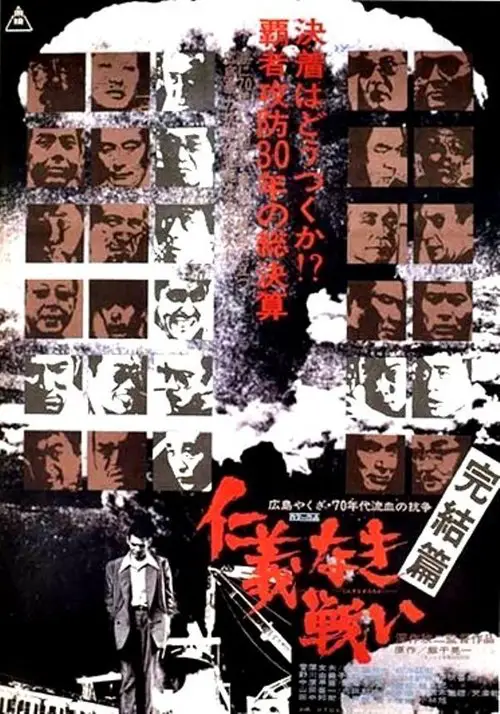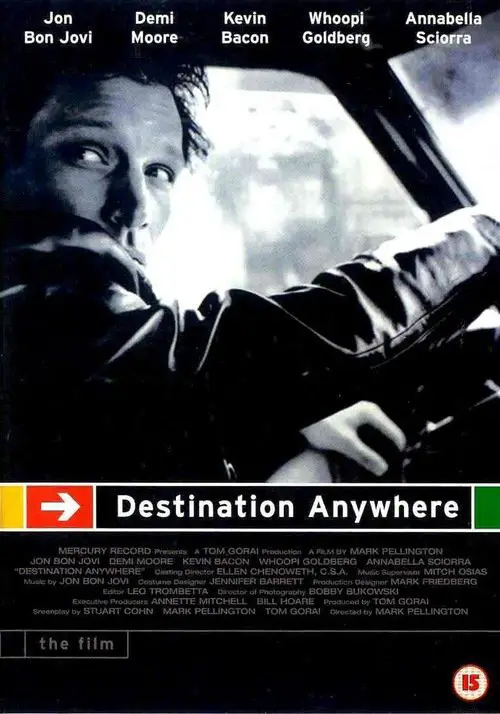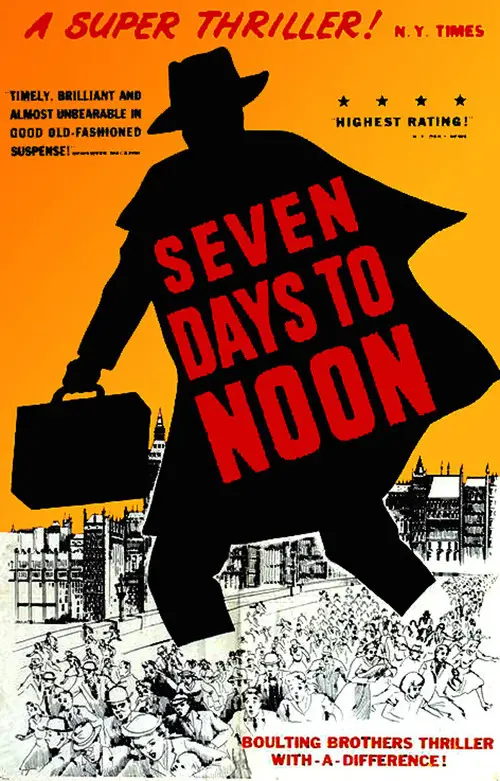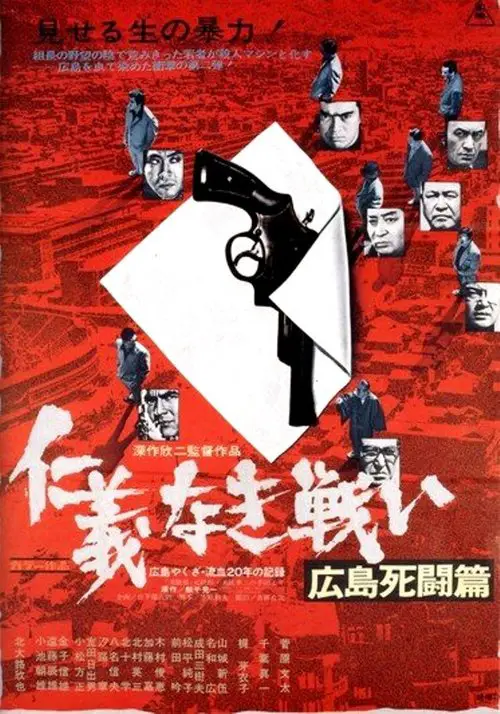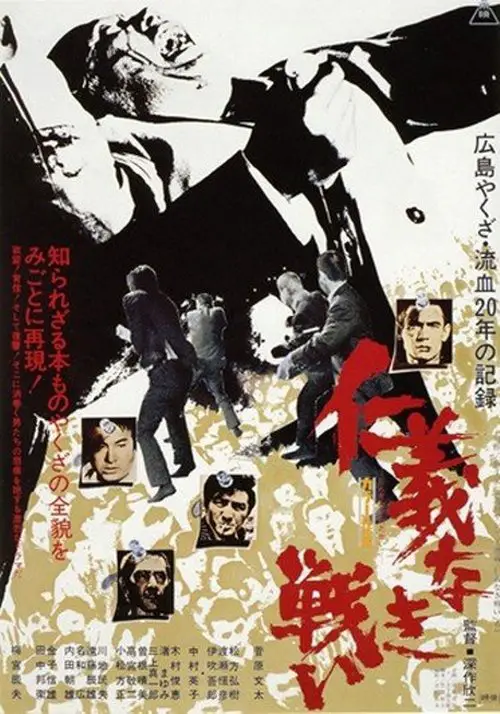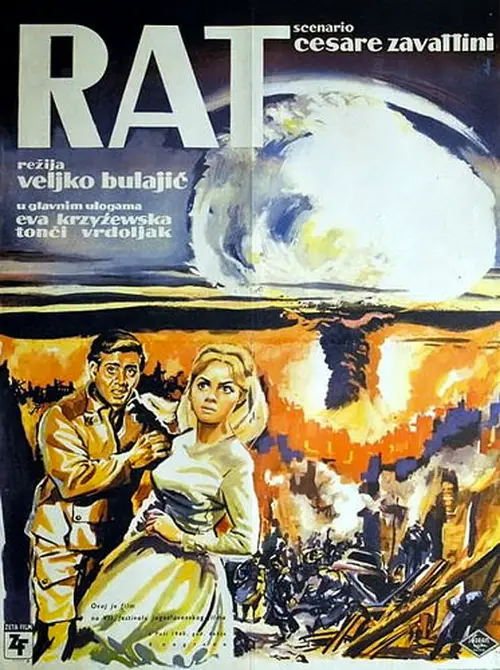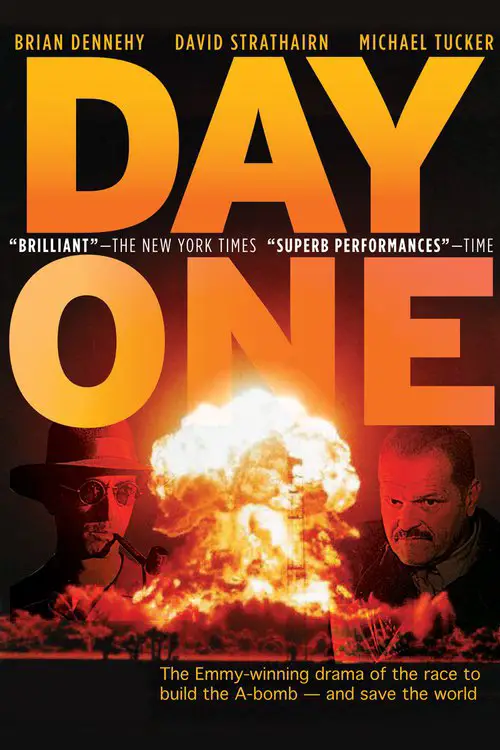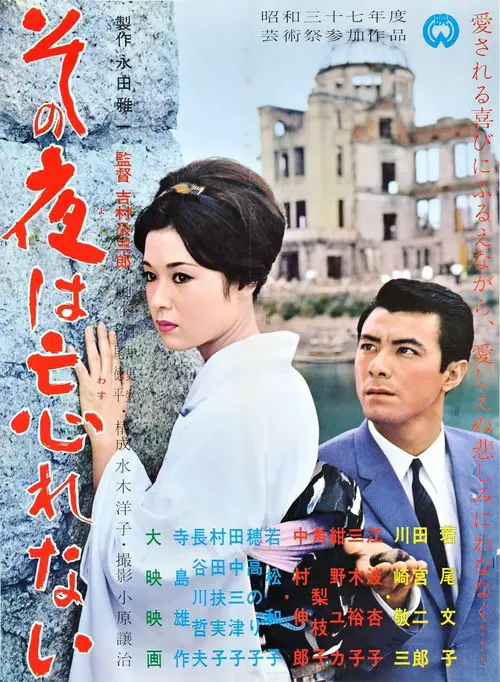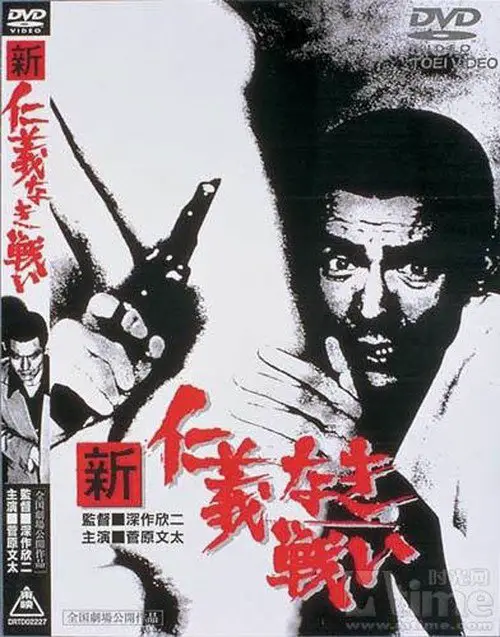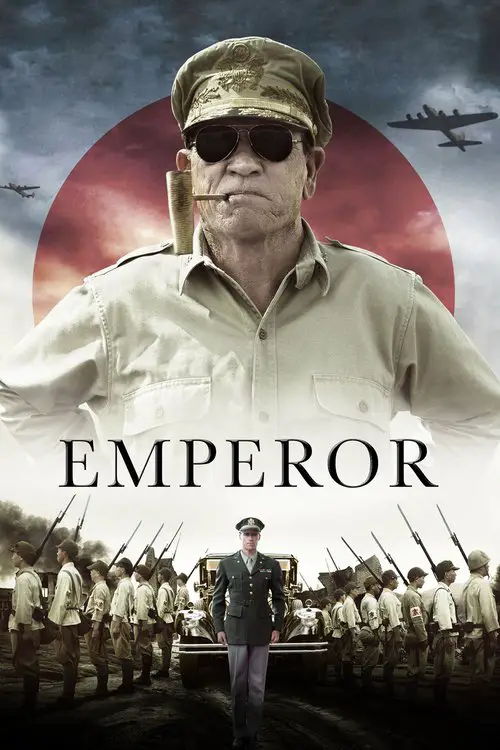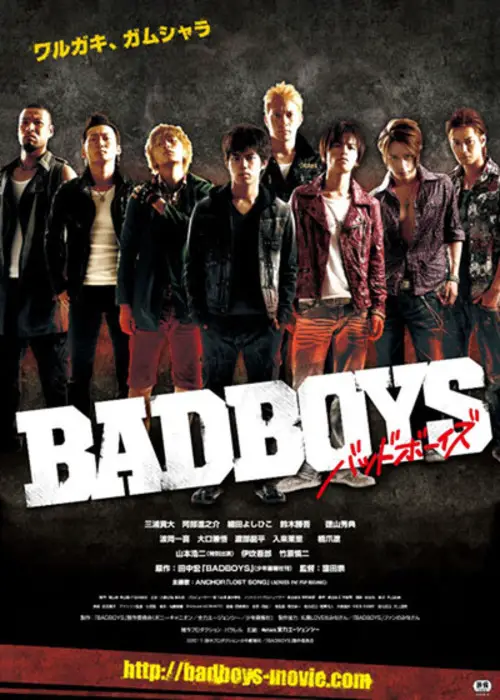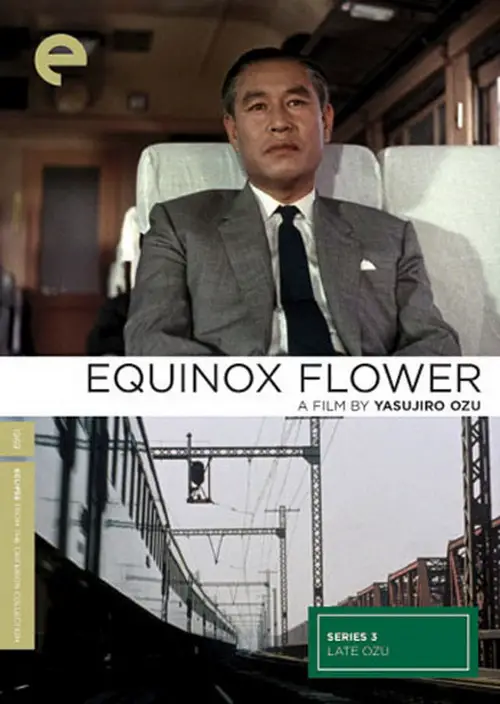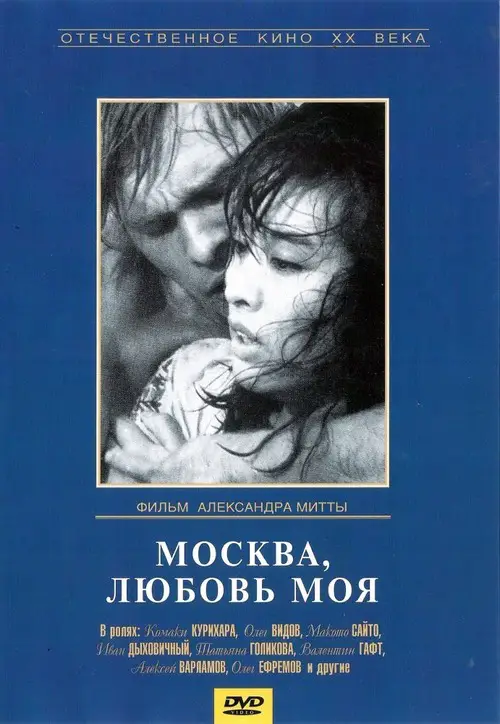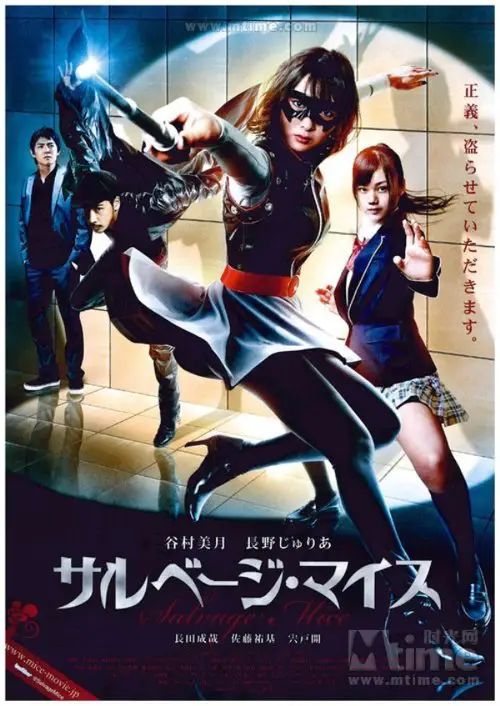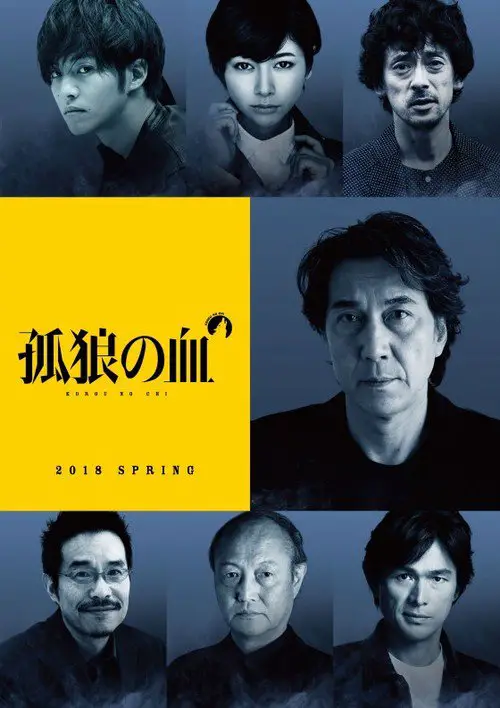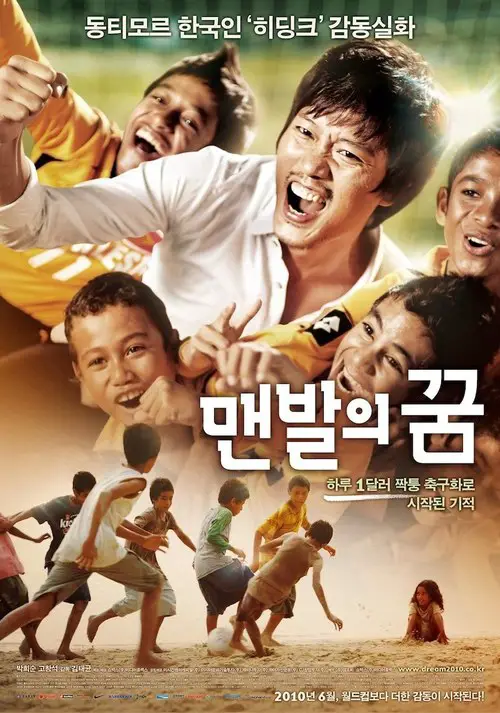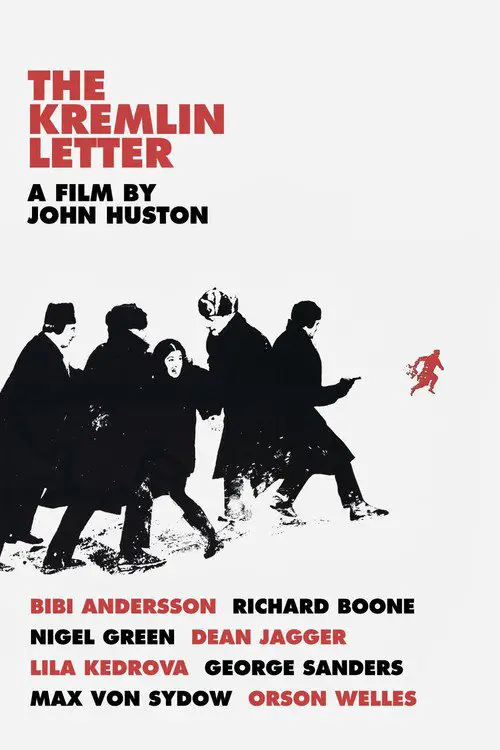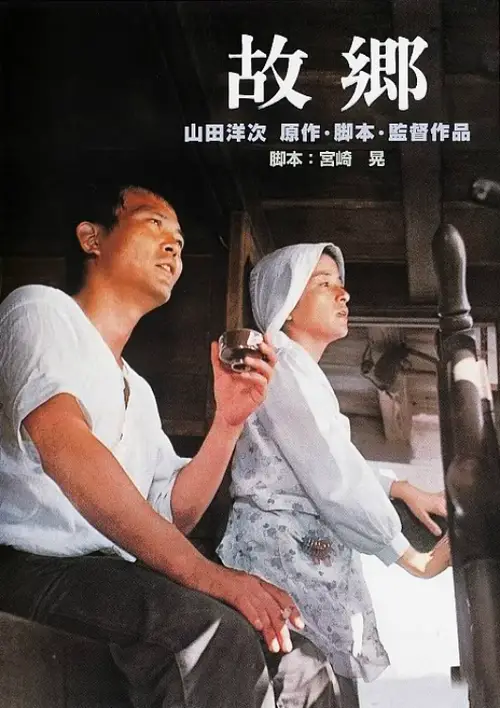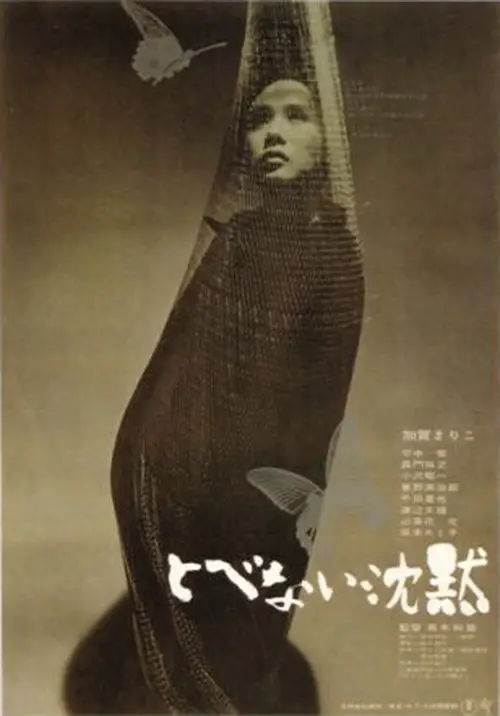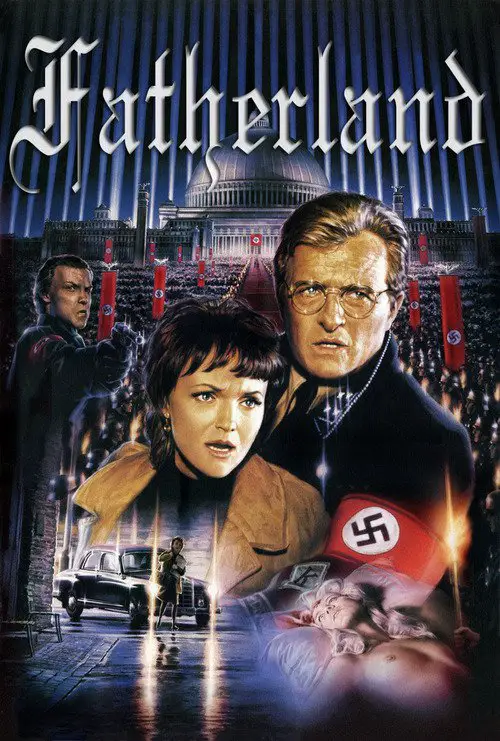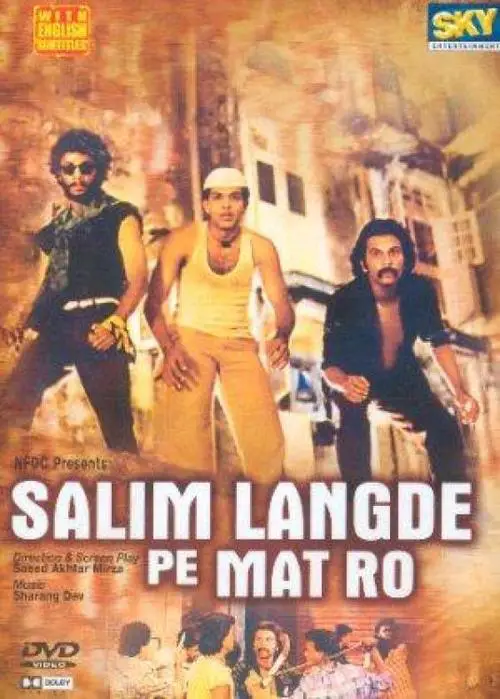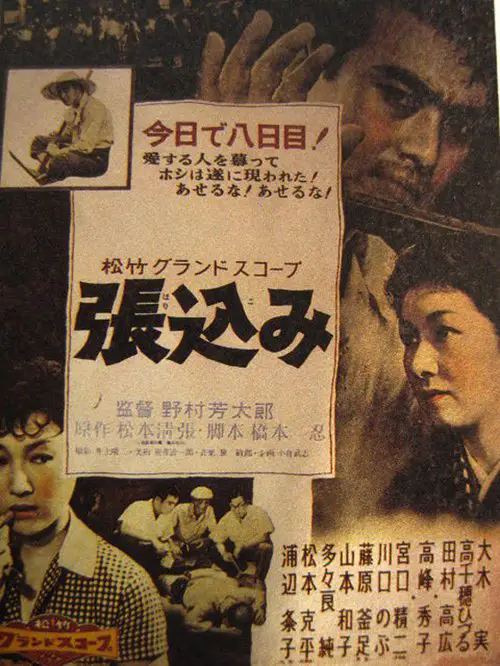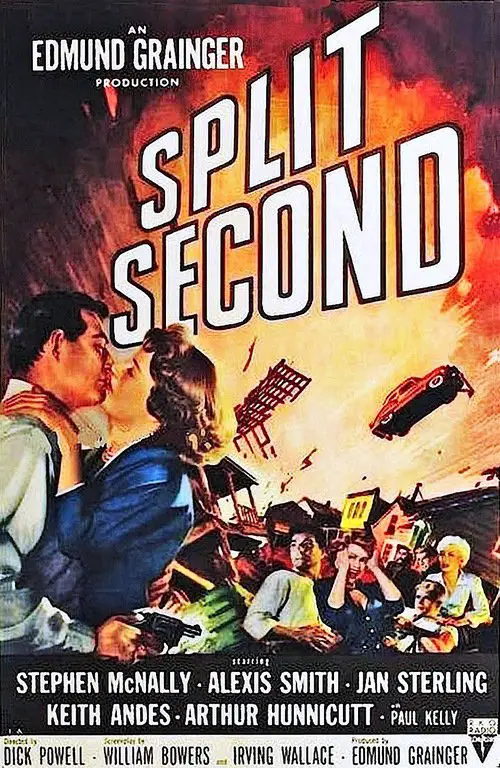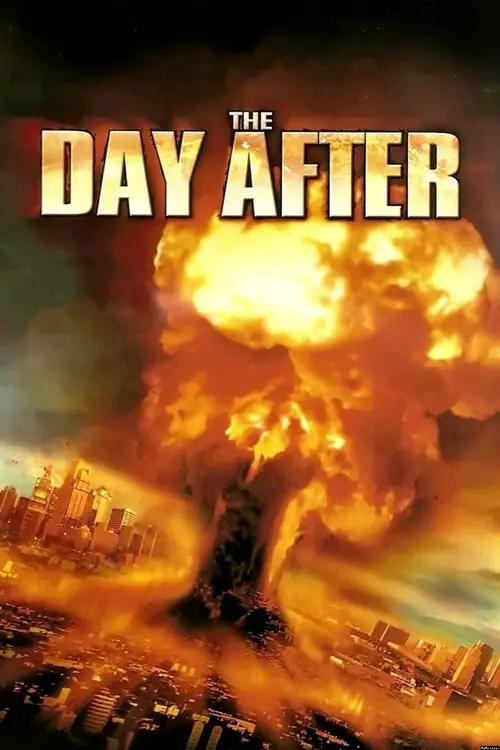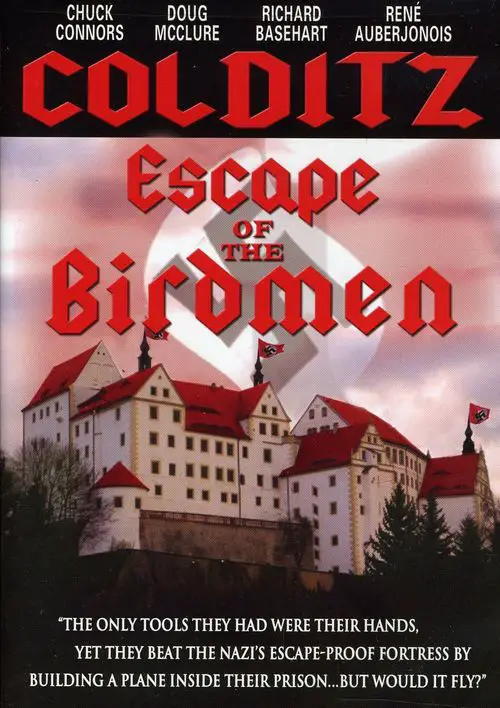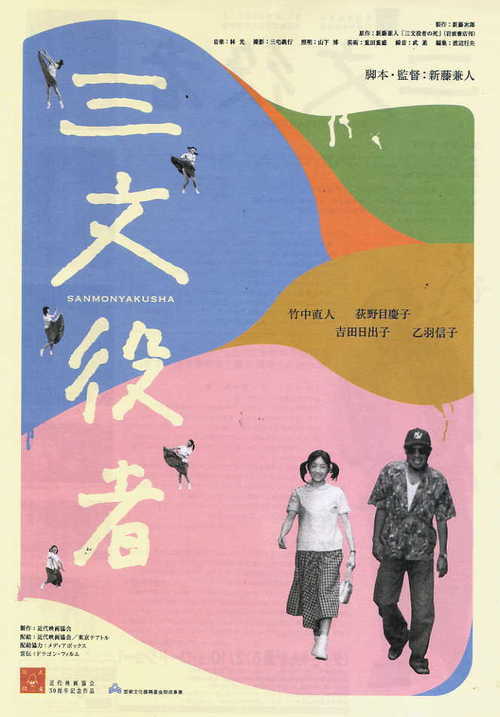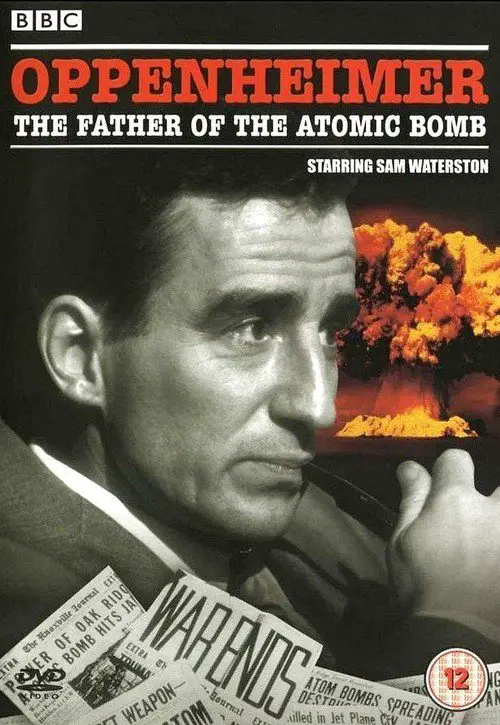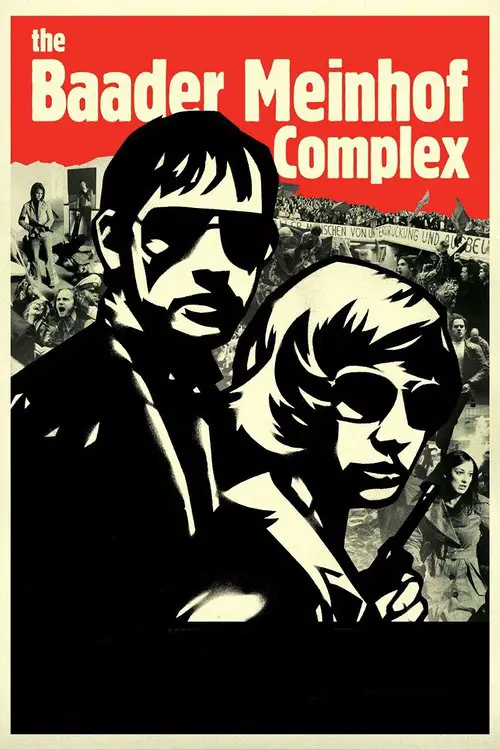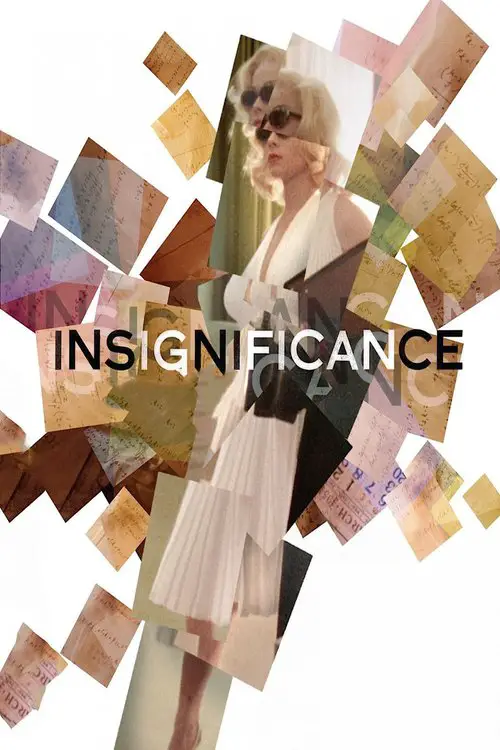The Beginning or the End (1947)
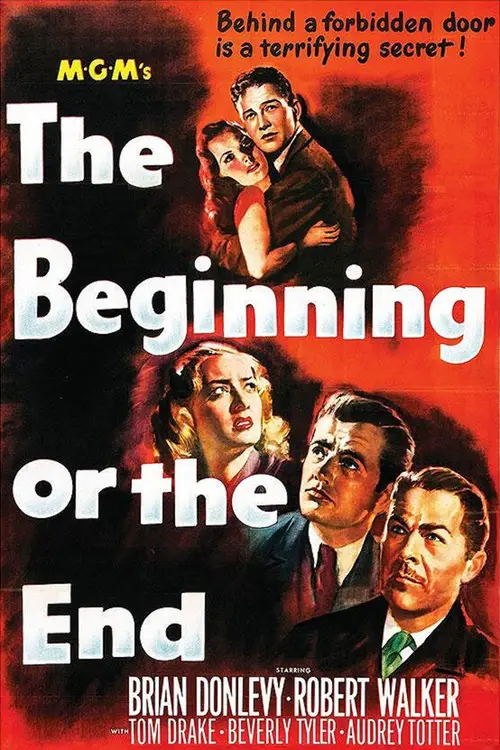
Similar movies
The documentary recounts the world's first nuclear attack and examines the alarming repercussions. Covering a three-week period from the Trinity test to the atomic bombing of Hiroshima, the program chronicles America's political gamble and the planning for the momentous event. Archival film, dramatizations, and special effects feature what occurred aboard the Enola Gay (the aircraft that dropped the bomb) and inside the exploding bomb.
Harry Truman, the successor to the Oval Office after the late President Rosevelt, is plagued with the decisions of war that could save or cost a thousand lives. He is then confronted with the nuclear weapons project, which he approves. As tension ensues (although it is difficult to get into this because most know the end) Truman must make the devastating decision to use the bomb of all bombs. After some delivering Japanese performances, Truman must force suffering on the Japanese people again in order to end the war.
In July 1945, during the end of World War II, Japan is forced to accept the Potsdam Declaration. A cabinet meeting has continued through days and nights, but a decision cannot be made. The U.S. drops atomic bombs on the cities of Hiroshima and Nagasaki, Japan. General Korechika Anami is torn over making the proper decision and the Emperor of Japan worries about his people. Prime Minister Kantaro Suzuki leads the cabinet meeting, while Chief Secretary Hisatsune Sakomizu can't do anything, but watch the meeting. At this time, Major Kenji Hatanaka and other young commissioned officers, who are against Japan surrendering, move to occupy the palace and a radio broadcasting station. The radio station is set to broadcast Emperor Hirohito reading out the Imperial Rescript on the Termination of the War.
Following the detonation of the atomic bombs on Hiroshima and Nagasaki, the Japanese military and the government clash over the demand from the Allies for unconditional surrender. Minister of the Army Anami leads the military officers who propose to fight on, even to the death of every Japanese citizen. Emperor Hirohito, however, joins with his ministers in asking the unthinkable, the peaceful surrender of Japan. When the military plots a coup to overthrow the Emperor's civilian government, Anami must face the choice between his desires and loyalty to his Emperor.
Based on a play by Hisashi Inoue, it focuses on the sufferings of the survivors of Hiroshima. The film takes place during 4 days in the summer of 1948, as the ghost of her father visits Mitsué (Rié Miyama). He had somehow learned that she has fallen in love, and tries to convince her to start her new life. But Mitsué obstinately refuses his warm and humorous encouragements : « People were killed in my place. I do not have the right to find happiness », she says.
"You have to think about whether they're really your friends," Johnny's dad says when Johnny talks to him about the grief his pals have been giving him lately. The other boys haven't exactly tried to understand why Dad opened up his family's home to Miyeko, a survivor of the Hiroshima Atomic bomb. Although she is only in America a short time to have surgery on her badly scarred face and arm, her visit reveals just how many ignorant and intolerant attitudes still exist 10 years after the war's end. But Johnny, who also resents Miyeko at first, becomes one of her fiercest defenders after he makes the effort to look past her outward appearance. Only then can the scars begin to heal.
The Go Master is a 2006 biopic by director Tian Zhuangzhuang of renowned twentieth century Go master Wu Qingyuan, better known by his adopted name of Go Seigen. The film, which premiered at the 44th New York Film Festival, focuses on the life of this extraordinary player from his meteoric rise as a child prodigy to fame and fortune as a revolutionary strategic thinker, as well as the tumultuous global conflicts between his homeland and his adopted nation. The film also features a scene involving the Atomic bomb go game.
There are breakpoints in the history, the result of a single event may change the whole course. In 1909, an assassination attempt of a Japanese governor fails. Now, in 2009, Korea is just another state of Japan's Empire & Seoul has become a major city. A Korean resistance group fights for liberty, independence & the restoration of true history. Two cops, Japanese & Korean, investigate the group.
During the Second Sino-Japanese War, in 1940, Lieutenant Kurokawa returns home as a honored and decorated soldier but deprived of his arms and legs lost in battle. All hopes, from the villagers and women to close family members, turn to Shigeko, the Lieutenant's wife. She must honor the Emperor and the country in setting an example for all by fulfilling her duty and taking care of the 'god soldier'. Kurokawa prior to leaving to fight in the war regularly beat and berated his wife for her barrenness and inability to bring him a son. When he returns home as an amputee with no hearing and no speech, his wife dutifully attends to him, even though he shows little appreciation for her dedicated care. His main concerns are getting fed and getting sex. Even in his own degraded condition, he manages to berate his wife. Eventually, though, his own memories infiltrate and he is haunted by his horrible, sadistic deeds, performed while in the duty of the Japanese military.
As Japan gears up for the 1964 Olympic games, the cops start to crack down under pressure from the public and the press, adding a new dimension in the war for power among the yakuza families of Hiroshima. Akira Kobayashi's Takeda tries to keep a lid on things, but hotheaded underlings create chaos, with one boss whacked in neutral territory, and the craven boss, Uchimoto, informing on an assassination attempt by his own minions. While the police round up hundreds of yakuza foot soldiers, Bunta Sugawara's Shozo Hirono plots to finally take out longtime nemesis, boss Yamamori.
Cafundó is a 35 mm color film which blends fact with fiction in the life of João de Camargo, a former black slave (1858-1942, Sorocaba, Brazil) who, in his old age, works miracles and devotes himself to assisting others in order to attain his freedom. João de Camargo represents the genesis of religious and cultural syncretism in Brazil.
Battles Without Honor and Humanity: Final Episode is part five and the final installation of a series of yakuza films directed by Kinji Fukasaku. In the wake of a big police crackdown, Akira Kobayashi's icily sun- glassed Takeda attempts to transform the Hiroshima yakuza families into a legitimate political organization: The Tensei Coalition. When the young Matsumura ascends to the chairmanship of the coalition, the older, hardened yakuza led by Jo Shishido (BRANDED TO KILL) seize one last opportunity to stir up chaos and bloodshed. Culminating with the arrests, deaths, or retirement of the first postwar yakuza generation, this milestone series draws to an ambivalent close.
This film captures the essence of Jon Bon Jovi, the lead singer of one of the prime players in the legion of pop-metal bands that took '80s radio by storm. Most of the film is a short narrative loosely based on the songs from his 1997 solo album Destination Anywhere, and features Jon Bon Jovi and Demi Moore as a young couple struggling with alcoholism and the death of their young child.
An English scientist runs away from a research center with an atomic bomb. In a letter sent to the British Prime Minister he threatens to blow up the center of London if the Government don't announce the end of any research in this field within a week. Special agents from Scotland Yard try to stop him, with help from the scientist's assistant future son-in-law to find and stop the mad man.
Anwar is the story of a young man, an artist, who leaves his home and everything he knows in order to escape a world he no longer recognizes. All he ever wanted was a love story, Instead, his mentor abandons him and his best friend and his one true love betray him. Devastated, emotionally exhausted, he takes refuge in an old building, only to wake up the next morning to find his world turned upside down. Mistaken for a terrorist, Anwar finds himself in the midst of an unusual set of circumstances that resonate deeply with the modern Indian Condition and indeed with the Human Condition in this present-day global village.
Repeatedly beat to a pulp by gamblers, cops, and gangsters, lone wolf Shoji Yamanaka (Kinya Kitaoji) finally finds a home as a Muraoka family hit man and falls in love with boss Muraoka's niece. Meanwhile, the ambitions of mad dog Katsutoshi Otomo (Sonny Chiba) draws our series' hero, Shozo Hirono (Bunta Sugawara) into a new round of bloodshed, culminating with the tragic demise of the young Yamanaka.
This conventional post-nuclear holocaust drama from Yugoslav director Veljko Bulajic seems to be at cross purposes. On the one hand, its anti-war sentiments are clear, as well as its realistic scenarios of destruction, and on the other hand, the director and scripter Cesar Zavatini have turned the story into a satire. At the center of focus is a young couple who were getting married when the atomic bombs changed the face of the planet, and through the couple's own dilemma the greater picture is glimpsed. Assisting Eva Krizevska, Anton Vrdoljak, Zlatko Madunic, and other actors is President Marshal Tito's army.
Hungarian physicist Leo Szilard leaves Europe, eventually arriving in the United States. With the help of Einstein, he persuades the government to build an atomic bomb. The project is given to no-nonsense Gen. Leslie Groves who selects physicist J. Robert Oppenheimer to head the Los Alamos Laboratory in New Mexico, where the bomb is built. As World War II draws to a close, Szilard has second thoughts about atomic weapons, and policy makers debate how and when to use the bomb.
The War Game is a fictional, worst-case-scenario docudrama about nuclear war and its aftermath in and around a typical English city. Although it won an Oscar for Best Documentary, it is fiction. It was intended as an hour-long program to air on BBC 1, but it was deemed too intense and violent to broadcast. It went to theatrical distribution as a feature film instead. Low-budget and shot on location, it strives for and achieves convincing and unflinching realism.
The sixth chapter of Jingi Naki Tatakai series With the endless power struggle. The extraordinary combination of Kinji Fukasaku and Bunta Sugawara, along with new ideas and a strong touch of realism, created the sixth movie of the series that describes 'The War of Hiroshima Gangsters' which had lasted almost 30 years after World War II. It can be called the Japanese secret post WWII history. It focuses on the ugly, violent inside struggle of the Yamamori Group of 1959 in Kure City, Hiroshima. Director Kinji Fukasaku, the master of portraying violence and humanity, said "Having making the five previous movies, I found those characters very interesting. So I took a deeper look into them this time." He made this shocking movie with high enthusiasm and revealed the core of gangster's struggle which has never been touched before.
In the 1970s, director Fukasaku Kinjiâs Yakuza Papers films chronicled decades of gang warfare in post-war Hiroshima. Over three decades later, up-and-coming young director Kubata Takashi brings a new generation of Hiroshima motorcycle gangsters to the big screen with Badboys. Based on Tanaka Hiroshiâs hit comic series of the same name (which also spawned five animated OVAs in the 1990s), Badboys depicts a violent battle between three rival gangs in the aftermath of a gang-related murder in Osaka. A gripping, exciting gangster action drama starring some of Japanâs brightest young actors, Badboys is the kind of new blood the Japanese gangster genre needs!
In Hiroshima, Mai (Mitsuki Tanimura), disguised as a Salvage Mice, steals a lost treasure and returns it to its rightful owner. Maiâs long time parter Mariku (Tomohito Sato) betrays her. Because of this Mai is placed on the most wanted list as a thief. Mai becomes broken-hearted by her colleagueâs betrayal, but thereâs also no mercy for anybody that treats Mai like a fool.
Meanwhile, Mai contacts Mio (Julia Nagano), who can knockout the biggest men with her bare hands, and their friendship growsâ¦..
Set in 1988 in Hiroshima, Japan, prior to the enactment of the anti-organized crime law. A rumor exists that Detective Shogo Ogami has ties with the yakuza. He is partnered with Detective Shuichi Hioka and they investigate a missing person case involving a financial company employee. Conflicts between opposing yakuza groups become more serious.
After a series of pipe dream ventures go belly up, retired pro soccer player Kim Won-kang happens to visit East Timor, where he finds children playing the game barefoot on rocky pitches. Sensing a new business opportunity on finding the country doesn't have a single sporting goods store, he embarks on a scheme to get rich quick by purveying athletic shoes to the unshod youngsters. Sadly, no one there can afford to pay $60 for a pair of shoes, even on a generous installment plan, and before he knows it, he is reduced to coaching a team of ragged 10-year-olds and prospects are looking grim. Written by Palm Springs Internation Film Festival
On a beautiful island in Seto Inner Sea, Seichi and Minko make their living by transporting rocks to construction sites by boat. They cherish the deepest affection for this piece of land they call home, and the simple life they lead. But rapid industrial growth makes it all but impossible to continue their chosen living style, and they are forced to leave their beloved hometown in search of a brighter future. But their hometown lingers on their hearts, and they dream of a time when they may once again return.
With the name from a Garcia Lorca poem, Silence Has No Wings portrays the contemporary portrait of a Japan dazed for modern times, still breathless war nightmares. A boy catches a tropical butterfly in northern Japan, everyone thinks he is lying and in fact bought canned. We follow the butterfly's hypnotic trip through Japan. On its way, we see everything from fleeting encounters at crucial moments in the documentary clips, dream sequences, and everything in between.
Fictional account of what might have happened if Hitler had won the war. It is now the 1960s and Germany's war crimes have so far been kept a secret. Hitler wants to talk peace with the US president. An American journalist and a German homicide cop stumble into a plot to destroy all evidence of the genocide.
Salim has been born lame, and lives with his mom, dad, and a sister who is old enough to be married. He and his dad search around for a suitable groom for her, and he meets Aslam. Salim rejects Aslam, as Aslam is not making enough wages that are commensuerate with his qualifications. Salim meets with some gangsters, who promise him that they will make him rich soon, and all he has to do is incite religious riots, pitting Hindus against the Muslims, and he will be well rewarded. Salim has always wanted to be rich, but will he take this opportunity to be wealthy
Set in German-occupied Norway, this is an embellished account of the remarkable efforts of the Norwegian resistance to sabotage the German development of the atomic bomb. Resistance fighter Knut Straud enlists the reluctant physicist Rolf Pedersen in an effort to destroy the German heavy water production plant near the village of Rjukan in rural Telemark. In the process, Pedersen discovers that hi
The film portrays a fictional nuclear war between NATO forces and the Warsaw Pact that rapidly escalates into a full scale exchange between the United States and the Soviet Union, focusing on the residents of Lawrence, Kansas, and Kansas City, Missouri, as well as several family farms situated next to nearby nuclear missile silos.
During WWII an American soldier sent to Norway to help with the escape of a scientist working on the atomic bomb for the Germans. Before they can escape they are captured and sent to a POW prison camp in an alpine castle. Cook must find a way to escape with the scientist before the Gestapo discover the Norwegian's true identity and convinces the other prisoners to build a two person glider in which they plan to escape.
The film is a series of vignettes from Taiji Tonoyama's life and film clips, interspersed with a dialogue to camera by Nobuko Otowa, addressing the camera as if she is addressing Tonoyama himself, recollecting events in his life. The film focuses on Tonoyama's alcohol dependence and his various sexual relationships, as well as his film work with Shindo.
Toward the end of World War II, middle-aged soldier Keita is entrusted with a postcard from a comrade who is sure he will die in battle. After the war ends, Keita visits his comrade's wife Yuko and bears witness to the tragic life she has led. This year's Oscar entry from Japan finds SHINDO in top form and his 49th and reportedly last film as fresh and poignant as ever. (from imdb)
Der Baader Meinhof Komplex depicts the political turmoil in the period from 1967 to the bloody "Deutschen Herbst" in 1977. The movie approaches the events based on Stefan Aust's standard work on Die Rote Armee Fraktion (RAF). The story centers on the leadership of the self named anti-fascist resistance to state violence: Andreas Baader, Ulrike Meinhof and Gudrun Ensslin.
Four 1950's cultural icons (Albert Einstein, Marilyn Monroe, Joe DiMaggio and Senator Joseph MacCarthy) who conceivably could have met and probably didn't, fictionally do in this modern fable of post-WWII America. Visually intriguing, the film has a fluid progression of flash-backs and flash-forwards centering on the fictional Einstein's current observations, childhood memories and apprehensions for the future.
© Valossa 2015–2026
| Privacy Policy


